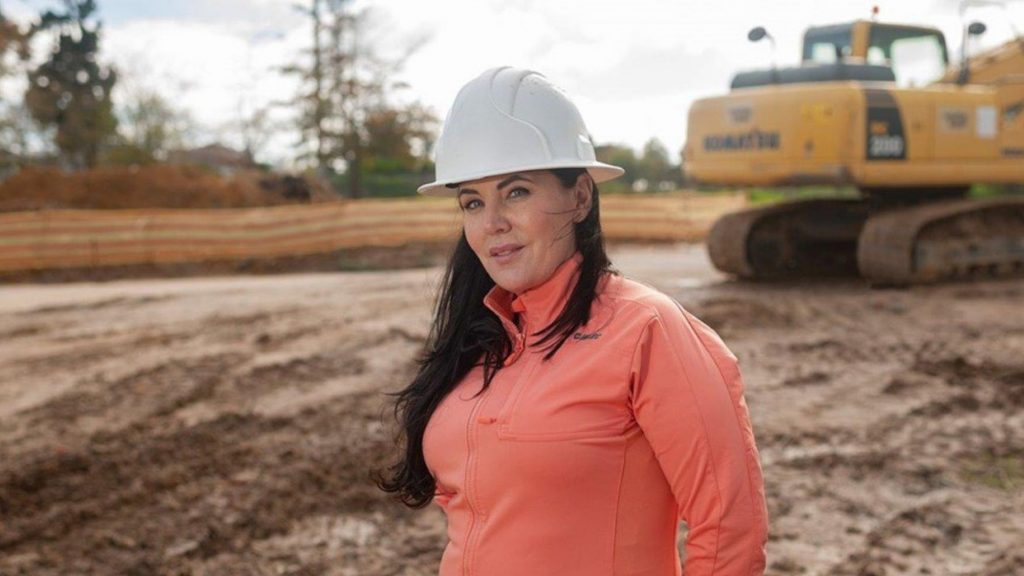The clock is ticking for Windows 10 users. With Microsoft’s official End of Support (EOS) deadline looming in October 2025, South Africans are being…
SHiP Copper uses tech to clean up mining’s ‘dirty reputation’

Technology and innovation holds the potential to clean up the dirty reputation of mining, believes Shirley Hayes, chief executive of SHiP Copper, a South African mining and exploration company.
Based in the country’s Northern Cape province, the firm is gearing up to lead the process through its Team Zero initiative. And it’s philosophical mandate is quite simply: “zero emissions, and zero harm.”
“Copper drives the green economy yet its mined traditionally, open cast or underground. That’s an immutable fact, but the way we work with nature to exploit resources must change. There is no doubt about it, and neither about the urgency,” said Hayes.
As demand for copper is expected to surge, so too will mining activity. Hayes said that new technology must be developed and embraced concomitant to this growth. She added, “We cannot stand by and two decades from now contemplate the same challenges and bemoan environmental damage, when we can do something about this now.”
Hayes committed to greener mining
Beyond implementing electric mining trucks on mining sites, which according to Hayes is a good start, there are reams of innovations that the company wants to explore. And the company is looking for development partners to join the Team Zero movement.
Smarter mining means greener mining and presently Hayes’ is researching solutions from heavy-duty drone technology through to microgrids across plants to reduce energy consumption and digitally interconnect entire process flows in copper production. Hayes is also presently interrogating off-the-grid power solutions for high demand environments like mining and copper production.
Hayes added that even activities like blasting are also able to be contained and emission flow reduced through greater precision.
She also anticipated that markets would demand greener credentials from producers.
“Key markets like the European Union is likely to implement some form of regulatory oversight on the origin, environmental impact and offset initiatives associated with any product sold in the market. And this will include mined metals amongst others. Gearing up to meet this likely future, now, is not only a moral charge on miners but also a likel future commercial benefit.”
Next year’s World Mining Congress, scheduled for July in Australia, already lists emission targeting, greener mining and greater socio-economic touchpoints as key areas for development in mining. That, along with the enabling technology.
Hayes believed the momentum behind the global move to green will accelerate demands on the sector.
“With the accelerated development of artificial intelligence and machine learning capabilities, the scope for cleaning up mining processes is widening rapidly. Not, it’s to harness the technology and implement it in a sensible and responsible manner that will, over time, reduce the impact of environmental damage that metal and mineral exploitation can do during operations,” she said.
ALSO READ: fikaTime founders find solace in Teams virtual coffee app

